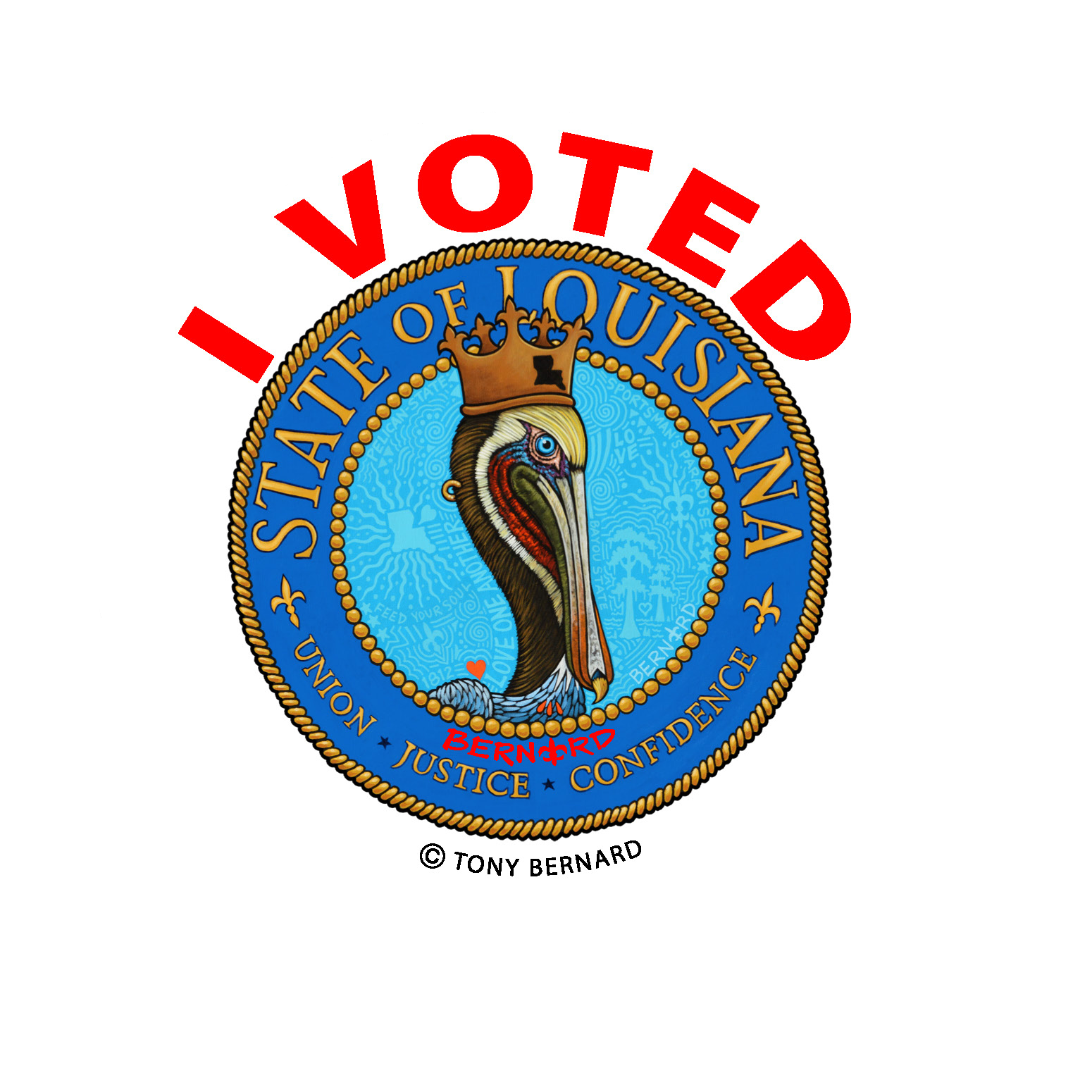441
This November, on top of voting for the United States president, citizens of Louisiana will be asked to vote on a handful of amendments on a variety of different topics. Below the amendments, along with what a yes or no vote means, are explained.



